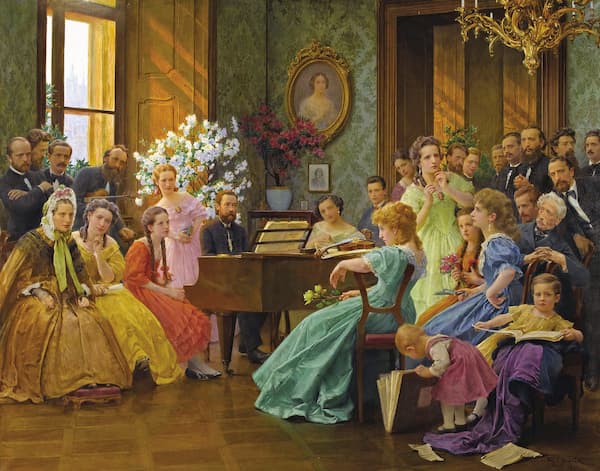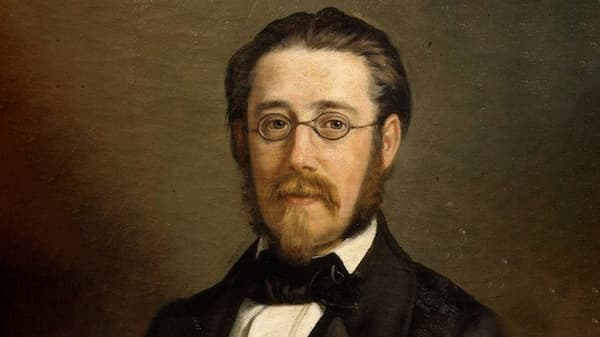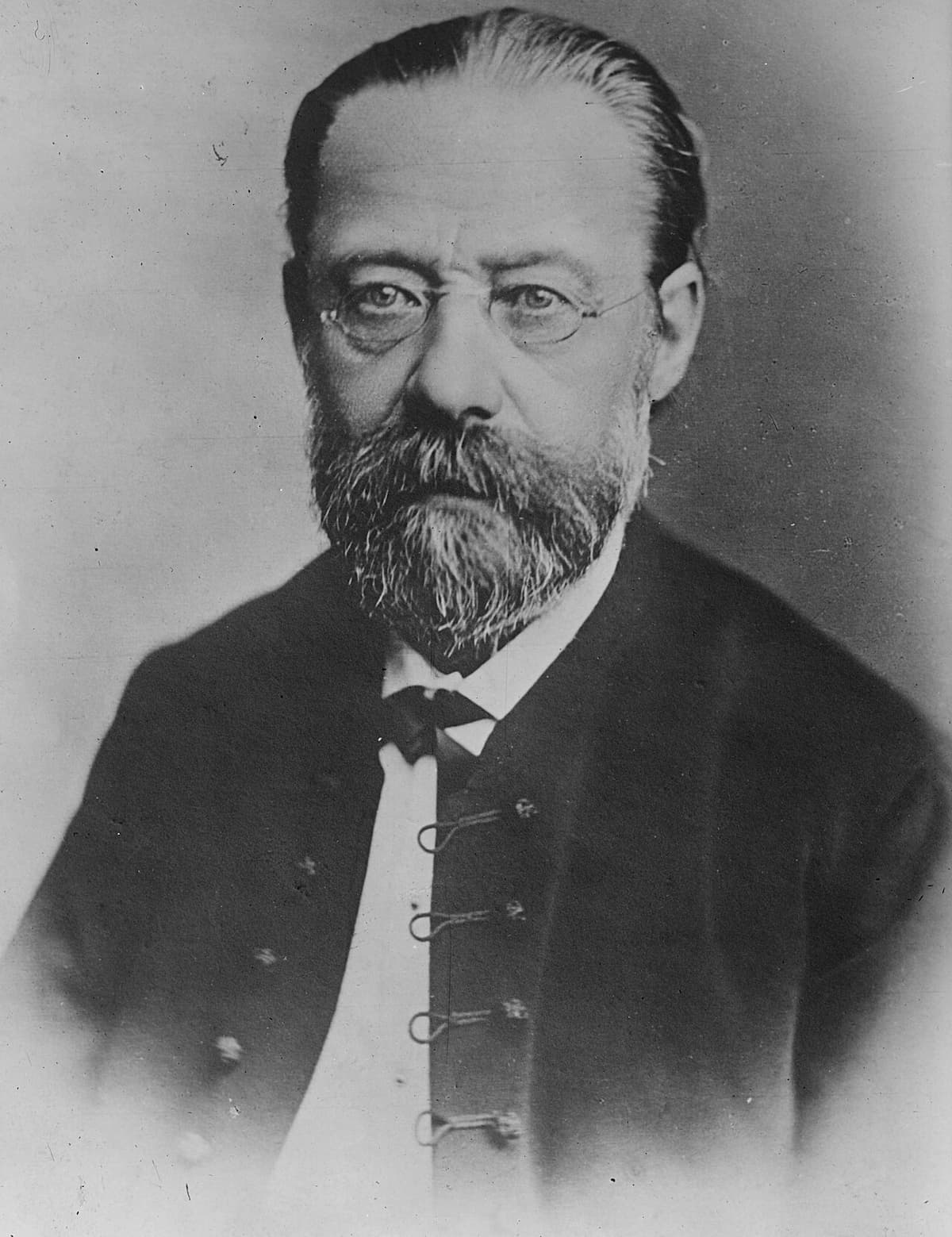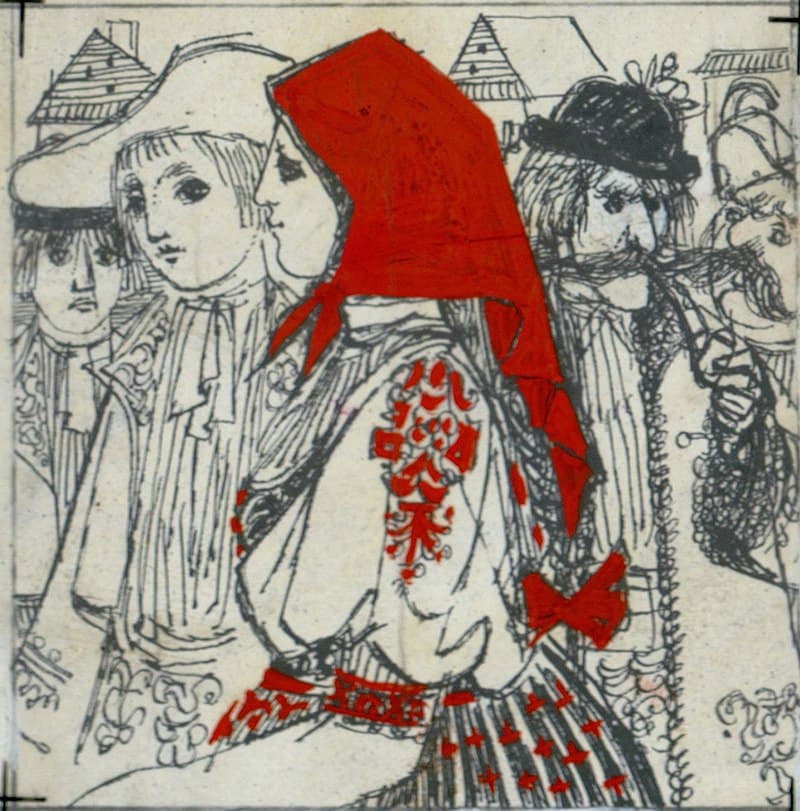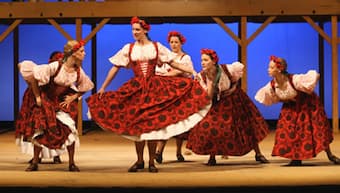Bedřich Smetana is often hailed as the father of Czech music. In his orchestral masterpieces like Má Vlast, he offers a delightful window into his melodic genius and his emotional connection to his homeland. His compositions for piano are less
Smetana
I’ve always loved music that tells a story, because it captures the human experience in all its raw beauty and complexity. Music can paint vivid pictures with melody and rhythm, with each note a thread in the tapestry of a
The Provisional Theatre in Prague opened in 1862 as a temporary home for Czech drama and opera until a permanent National Theatre could be built. This venerable institution staged well over 5,000 performances over a 20 year span, and featured
Political stirrings of national identity and pride ignited a great awakening across Europe in 1848. Urging an end to Habsburg absolutist rule, the Czech composer Bedřich Smetana (1824-1884) openly participated in this revolution. Barely escaping arrest, and unable to establish
The conductor Adolf Čech (1841-1903) premiered a number of significant works by Antonín Dvořák, Zdeněk Fibich, and Bedřich Smetana. Such was the case on 4 April 1875, when he took the podium with the Orchestra of the Prague Provisional Theatre
The Czech composer Bedřich Smetana (1824-1884) wrote his comic opera The Bartered Bride between 1863 to 1866 about the hard path true love takes to thwart ambitious parents and a marriage broker. Mařenka is to be married to the son
How Smetana Established the “Czechness” in His Opera The Bartered Bride is a comic opera with three acts completed in 1866. It was written by Bedřich Smetana (1824-1884) with libretto by Karel Sabina (1813-1877).1 The first performance was held at
Bedřich Smetana (1824-1884) synthesized his native Czech music with the larger Classical tradition. He’s best known today for his opera The Bartered Bride and his massive 6-part symphonic poem Má vlast. Smetana was the 11th child of a brewer who

